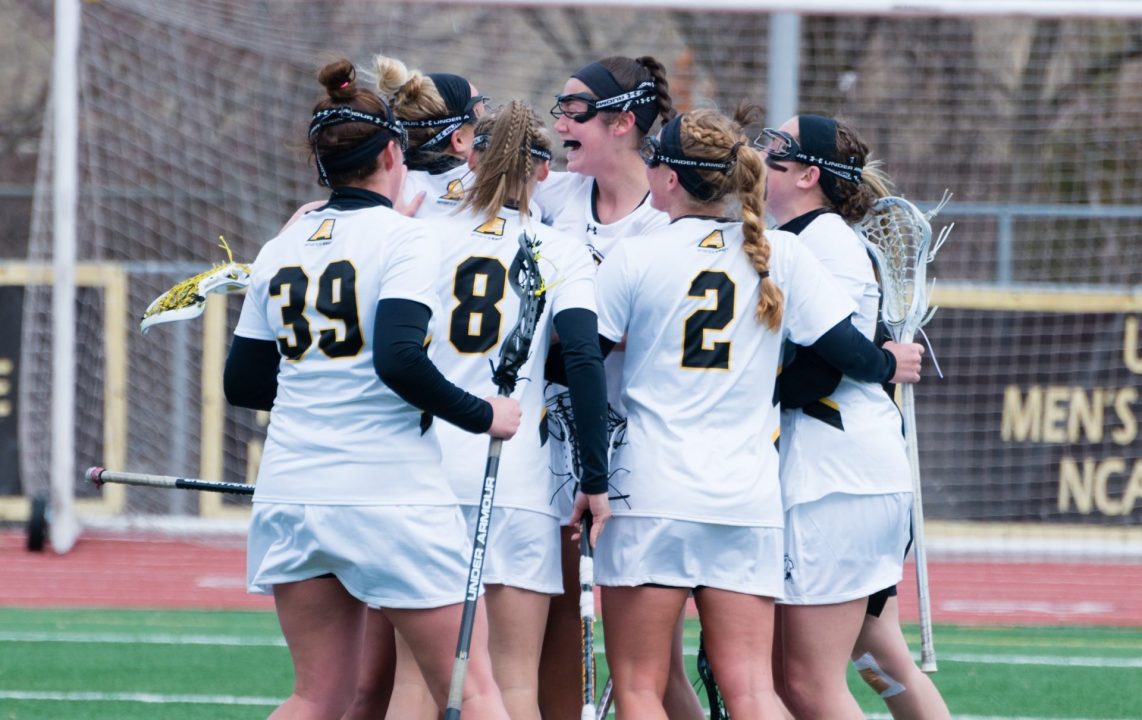During Peace Corps week, master’s students who completed their two-year service tour of a developing country compiled their experiences into a short video about the lessons they learned. The videos were shared with the UMBC community during the Screening Digital Stories event, evoking conversation about the actions the volunteers took, the obstacles they faced and the rewards of the experience. The stories were deeply personal and extremely relatable, which made the event such an intimate moment for the attendees.
While the room chosen for the event seemed too spacious for the actual audience, there was no distance between the presenters and the observers. Attendees connected with the ex-volunteers and soaked up all the information about the logistics of Peace Corps, the content of the video, and the personal anecdotes of the presenters. At one point, the audience and Peace Corps members engaged in a game of “What Would You Do?” during the videos.
The nature of the videos intended to pique the interest of the viewers. They answered the prompt, “When did you know you were in the Peace Corps?” Some volunteers indicated that they felt they were in the Peace Corps when something went extremely wrong. For someone else, it was when they received their invitation to the service site.
The videos indicated the transformative nature of the Peace Corps volunteer experience. Much like in college, no one left their host country or host family, unchanged. For some, they could find themselves halfway across the world in Indonesia. For others, they experienced their identities in different ways. Two videos, “Identity” by Morgan Bowers and “Ndi Umunyamerika” by Ciara Christian, emphasized the experience of being labeled an “Other” in a country of people who look like you.
Through the vastly different and incredibly similar stories of the people who had volunteered in Peace Corps, there was an essential moral: one is unable to learn about others until they learn about themselves. In each experience, the volunteer was required to immerse themselves in the culture of their host country and tackle very specific limitations of being an immigrant for two years. The volunteers, without fail, had to stop, take a step back and address their personal limitations and how their perspectives influenced their problems.
Another video, “Life’s Little Blessings” by Ross Dione, centered on his encounters with a Jamaican religious leader. The leader would climb onto the bus and repeatedly begin, “Who God bless…” and the bus riders would respond with, “… No man shall curse.” Dione’s video explored his rejection of the practice and his initial irritation with the quirk. However, as time progressed, he addressed his irritation as a deficit that prevented him from being wholly connected in the experience.
The stories of those who participated in the Peace Corps flawlessly aligned with UMBC’s mantra, “be your best self.” While the volunteers expressed their frustration with the lack of change they could incite, or internally feuded with Jamaican pastors, they opened themselves to the unique experience of serving in foreign countries. They learned their best selves and brought them back to the States.


